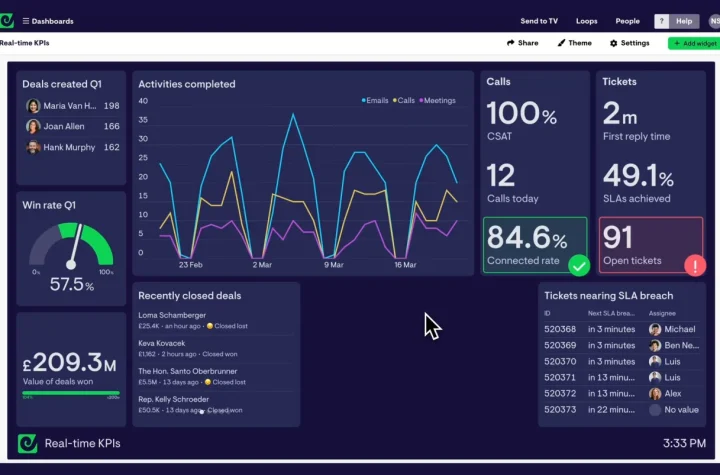
There are various financing options to explore when making large purchases or consolidating debt. It is crucial that you understand these loan products, what their monthly payments and interest costs may entail, as well as any associated penalties or restrictions.
Personal loans offer lower interest rates and lending limits than business loans, however you must demonstrate how these funds will be used for business purposes.
Types of Loans
Loans come in various forms, but their basic premise remains the same: A lender provides you with funds to supplement your overall money supply in exchange for agreeing to repay it with interest. This type of financing may prove useful when businesses experience slow periods or unpredictable cash flow issues.
Personal loans are usually unsecured loans that do not require you to pledge any personal assets as collateral, and can be used for many different expenses, including business costs. They come in both fixed term or revolving term options so you can withdraw money from your credit limit each month and repay it gradually over time.
Borrowers with good to excellent credit tend to receive lower interest rates from lenders; however, some offer flexible qualifications for those with lower scores. Furthermore, some have simplified application processes so borrowers can quickly secure loans that fit within their budgets.
Term Loans
Term loans provide you with a fixed amount that’s paid back over one to several years, giving you maximum ROI by personalizing funding options to your needs and choosing between different repayment schedules offered by lenders.
Long-term business loans typically feature extended repayment terms of up to 25 years. These types of financing are best suited for established businesses that possess sound financial records and credit histories and can take on greater debt over time.
Short-term business loans have shorter repayment periods and should be used for immediate funding needs, such as ordering inventory or purchasing vehicles for delivery services. Although these types of funding solutions typically carry higher interest rates than business lines of credit, if payments are made on time they can help your business build its credit history and establish your reputation within your community. They often also have stricter qualification criteria and may require collateral such as assets owned by you as collateral.
Short-Term Business Loans
Short-term business loans provide small businesses with fast access to capital quickly. Compared to long-term business loans, these options often require less paperwork and have faster approval and funding processes.
Short-term business loans may offer flexible repayment terms and are an ideal option if you need cash quickly for unexpected repairs or opportunities to expand sales. They’re especially handy if unexpected repairs come up that necessitate immediate action, like offering net terms.
Short-term business loans may also help meet immediate needs, such as managing cash flow during slower periods or paying seasonal expenses. However, this form of funding typically comes with higher business loan interest rates compared to long-term loans; so before making your decision you should carefully consider all aspects.
Personal Loans
Personal loans, similar to other credit products, usually feature fixed interest rates and one to seven year repayment terms. You may need to submit a loan application, which typically requests information about your income, debts and credit score before being approved by your lender for receiving funds directly deposited or via check. After approval is given you’ll begin making payments according to your loan agreement terms.
Personal loans offer many advantages to borrowers, including paying off credit card balances, financing a wedding or vacation expense and home renovation projects, consolidating debt or meeting large expenses that arise unexpectedly.
Personal loans are typically unsecured, meaning you don’t need to put up assets that your lending partner could seize if you default. But your credit score plays a vital role in approval and interest rate decisions; to increase your odds, consider adding a co-signer whose creditworthiness will directly correlate with your own.





More Stories
A Deep Dive into Loan Products and Financial Planning for Modern Multi-Generational Households
Sustainable and Eco-Friendly Loan Options for Green Projects
Green Loans and Sustainable Financing: Fueling Eco-Friendly Projects